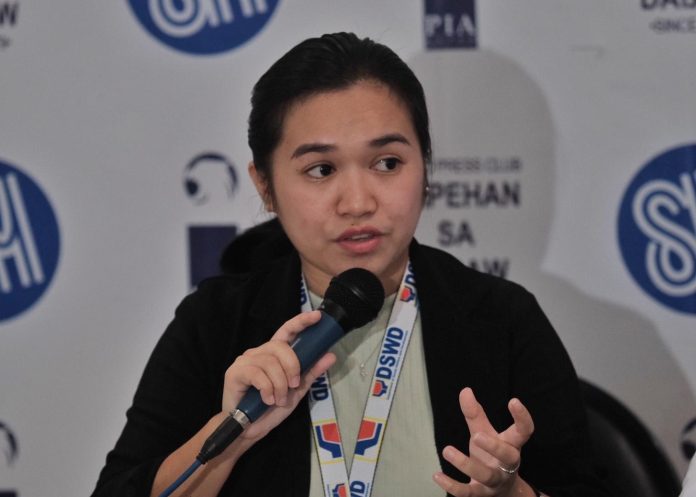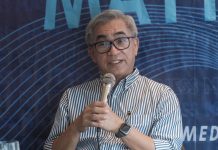
An official of the Department of Social Welfare and Development-Davao Region (DSWD-Davao Region) bared on Monday a total of 367 families served under the Balik Probinsya, Bagong Pag-asa Program (BP2P).
The BP2P is a government social justice program open to all eligible Filipinos wanting to start anew in the provinces. It aims to give the beneficiaries who decided to settle in their original hometown or in other resettlement areas opportunities such as employment and other livelihood to start a new life.
Lee Mecris Berdos, focal for the Kapit-Bisig Laban sa Kahirapan-Comprehensive and Integrated Delivery of Social Services / Balik Probinsya, Bagong Pag-asa Program (KALAHI CIDSS/BP2P) of DSWD, said that for the fiscal year 2021 they served a total of 73 families while for 2022 a total of 294 families.
These summed up to a total of 367 families with 1,072 family members.
“These are the low-income families that were affected by the pandemic and who lost their jobs due to quarantine protocols. In the Davao Region we started the implementation in March 2021 wherein we have the partnership with the National Housing Authority,” she said during the Kapehan sa Dabaw at SM City Davao on Monday.
She said for this year they will be conducting eligibility validation for those families endorsed and who have returned to Davao Region.
The BP2P aims to provide hope for a better future for Filipinos through equity in resources throughout the country and boost countryside development.
The BP2P program will first and foremost address Metro Manila’s congested urban areas by encouraging people, especially informal settlers to return to their home provinces and assist them in this transition with support and incentives on transportation, family, livelihood, housing, subsistence, and education, among others.






